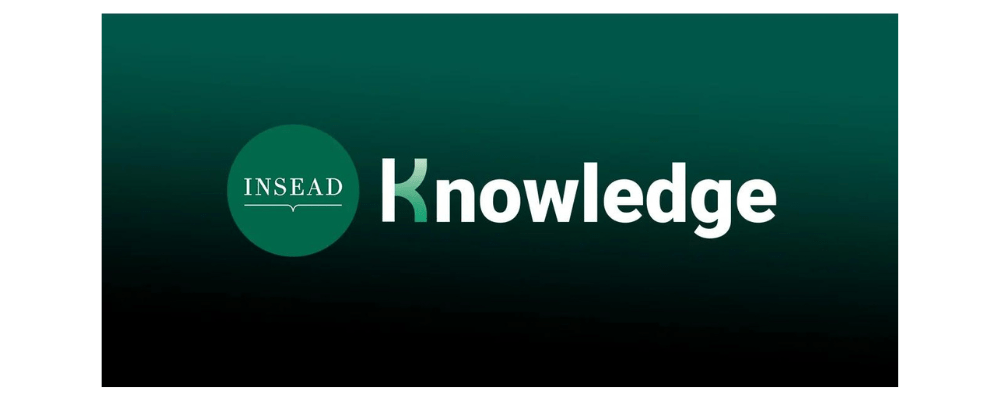
The world is getting bigger, quite literally. By 2035, just over half of humankind will be overweight or obese, with associated costs on the global economy.
As complex and multifaceted a disease as obesity is, its link with socioeconomic status is clear: Obesity is more common among people of lower socioeconomic standing. In the United Kingdom, for example, obesity is nearly twice as common in the country’s most deprived regions than its least deprived (36 percent vs. 20 percent).
The question is why.
Research has identified five factors as possible links between modern-day obesity and socioeconomic status: stress, temporal focus or whether one is focused on the past or the future, well-being expectations, time spent outdoors and food scarcity. However, studies typically examine only one or two factors at a time and not the relative importance of all five. In addition, past research has typically been cross-sectional, meaning it examined data in a single point in time, which limits the ability to infer causality.
The Covid-19 pandemic threw up the rare opportunity to probe these mechanisms and their impact on weight gain over time. In a paper co-authored with Maria Langlois from the Cox School of Business, who conducted the study as part of her dissertation research at INSEAD, we found that people of lower socioeconomic status gained more weight than the higher-status ones during the pandemic, further exacerbating the existing association between socioeconomic status and obesity.
Significantly, we found that this was driven by a higher level of stress among people with a lower socioeconomic status, and not by any of the other four factors. Our study, published in the Journal of the Association for Consumer Research, also indicates that stress drives weight gain because it leads people to eat more, eat less healthily and exercise less.
Lower status, higher stress
We launched the study shortly after the outbreak of the coronavirus pandemic. We surveyed a total of 892 Americans three times between March and May 2020 (see graphic below), and a final time 18 months later, in November 2021.
“INSEAD, a contraction of “Institut Européen d’Administration des Affaires” is a non-profit graduate-only business school that maintains campuses in Europe, Asia, the Middle East, and North America.”
Please visit the firm link to site





